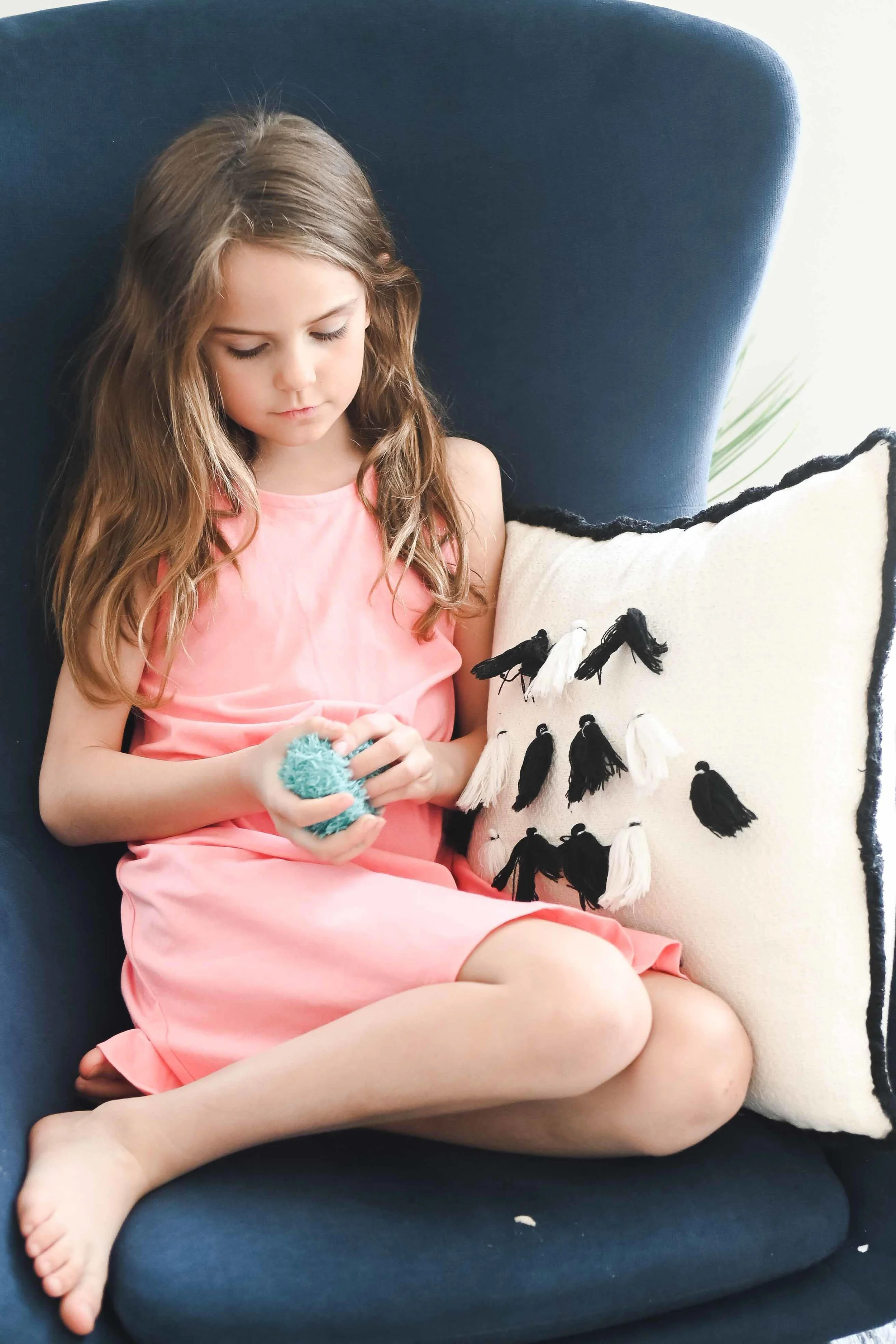Grief & Loss Therapy for Children and Teens in Calgary
Grief is like a wave — sometimes it comes gently, and other times it crashes without warning.
For children and teens, grief can feel confusing, lonely, or overwhelming. At Creative Sky Psychology, we provide a safe emotional shoreline — a place to process, anchor, and eventually rebuild after loss.
Grief support isn’t about “moving on.” It’s about making meaning, staying connected, and learning how to carry it in a way that feels lighter over time.
Why Choose Our Calgary Grief Counselling for Kids & Teens
Specialized Child Therapy & Teen Therapy from registered psychologists
Gentle, creative approaches like Play Therapy, Art Therapy, and narrative therapy
Parent involvement to strengthen connection at home
Trauma-informed, developmentally appropriate strategies
Support for grief tied to loss, change, or transition
In-person sessions at our Calgary clinic or flexible virtual options
Supporting Grieving Children and Teens at Every Age
Preschoolers (Ages 3–5):
We help young children express grief through symbolic play therapy and co-regulation with caregivers. Many struggle with Separation, Sleep Issues, or confusion about what’s happened. Our therapists offer gentle routines, story-based interventions, and Parent-Child Sessions to rebuild security.
School-Age Children (6–12):
Grief in this stage often appears as mood swings, School Refusal, or regression. Using tools from art therapy, CBT, and emotional regulation therapy, we help children name and express their feelings, process big changes, and feel less alone.
Teens (Ages 13–17):
Adolescents may experience grief as apathy, identity confusion, anxiety, or social withdrawal. Our team uses narrative therapy, and, ACT
Therapy for Grief and Loss in Children and Teens
Not all children grieve the same way — some cry, some get angry, others become “the helper” or try to carry on like nothing happened. Our clinicians are trained to recognize these grief styles and gently help children process at their own pace.
We support grief related to:
The death of a loved one or pet
Divorce, separation, or blended family changes
Moving or losing access to a home, school, or community
Medical trauma or sudden illness
Academic loss or missed milestones (graduations, transitions)
Anticipatory grief around a loved one’s health or family disruptions
Grief can also overlap with other concerns, such as anxiety, depression, or school refusal. Our integrative approach helps uncover what’s under the surface and supports healthy emotional development.
Our Calgary Grief Therapy Approach
Our grief therapy model is grounded in emotional safety, developmental awareness, and evidence-based care. We draw from:
Play therapy for symbolic expression and co-regulation
Art therapy to externalize grief, guilt, or fear
Narrative therapy for meaning-making and memory processing
CBT and ACT tools to support emotion labeling and thought reframing
Parent-child therapy to repair or support connection after loss
Mindfulness and somatic strategies to support sleep, anxiety, and dysregulation
Collaboration with teachers, pediatricians, or support teams when needed
When grief intersects with neurodivergence, we adapt our tools for children with ADHD, Autism, Sensory Processing Challenges, or Selective Mutism.
Supporting Parents Through Their Child’s Grief
Grief affects not just the child — but the family system around them. That’s why we offer coaching, guidance, and emotional support for parents navigating loss alongside their child.
In therapy, we help you:
Learn age-appropriate ways to talk about death or change
Use co-regulation strategies for bedtime or separation struggles
Build rituals (memory boxes, storybooks) to stay connected to loved ones
Support your child if they are also dealing with sleep issues or grief-based anxiety
Know when to gently encourage conversation and when to just hold space
Navigate your own grief while showing up for your child
When appropriate, we also collaborate with schools or daycares for smooth reintegration or grief accommodations.
Frequently Asked Questions
-
If your child is withdrawing, acting out, regressing, or expressing persistent sadness or worry after a loss, therapy can help them feel understood and supported.
-
We support children experiencing death, divorce, relocation, medical events, family separation, or the loss of stability. All grief is valid and deserving of care
-
That’s okay. Through play and art therapy, children can process feelings without needing to verbalize them right away.
-
Yes. Many of our sessions involve parents directly — especially for younger children. We also provide coaching and co-regulation support behind the scenes.
-
For teens, we use narrative therapy, CBT, and ACT to help them find meaning, regulate emotions, and process identity shifts that often follow a loss.
Grief Counselling for Children & Teens in Calgary - Healing After Loss
When children or teens experience loss, separation, or major change, our psychologists provide a compassionate space to process emotions and find meaning. Families visit our Calgary SW clinic from Aspen Woods, West Springs, Signal Hill, Wildwood, and Cougar Ridge—with virtual sessions throughout Alberta.
📍 #5 – 2005 37 Street SW, Calgary
📞 587-331-4464




